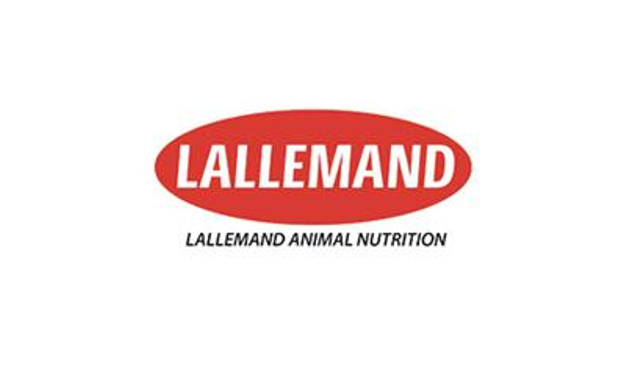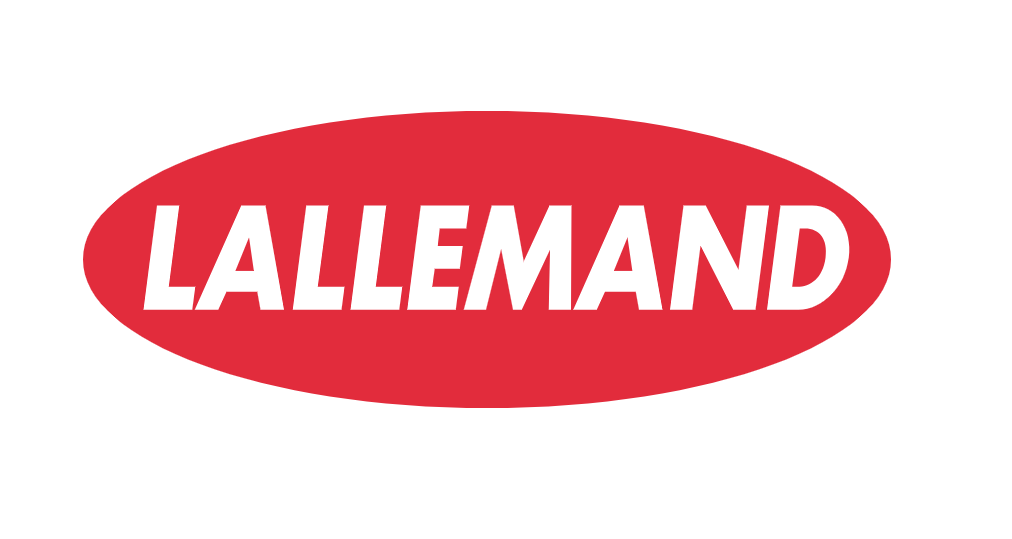



Lallemand explores practical methods for assessing gut health at the 74th EAAP Congress
Assessing intestinal health on the farmThis week, the Lallemand Animal Nutrition R&D team was pleased to join the Joint International Congress on Animal Science co-organised by the European Federation of Animal Science (EAAP), the World Association for Animal production (WAAP) and Interbull. Lallemand’s poultry and ruminant experts presented practical on-farm assessment tools aimed at optimizing animal health and well-being at this leading congress dedicated to the topics of climate change, biodiversity and global sustainability of animal production.
Assessing on-farm poultry gut health
Audrey Sacy, Poultry Applications Manager, presented a poster introducing a novel on-farm assessment technique for evaluating poultry intestinal health. This method employs a fecal scoring system for simple and effective measurement. The study’s findings reveal a strong correlation between the fecal score and fecal dry matter (DM) content.
By utilizing this method, the team assessed the benefits of supplementing poultry diets with the live yeast Saccharomyces boulardii CNCM I-1079. The probiotic supplement demonstrated improvements in fecal score and DM content.
This offers potential direct consequences on litter quality and the reduction of pododermatitis occurrence in poultry farms.
Monitoring rumen health
Clothilde Villot, Ruminant research Scientist shared a poster about the use of wireless reticulo-rumen pH sensors in dairy cows for early detection of rumen disorders. The objective of this work was to develop an additional panel of indicators towards defining rumen health beyond traditional average rumen pH measurements. This work considered the real time kinetics of reticulo-rumen pH and the potential impact of external factors such as environment, feeding behavior and feed quality.
Explaining the significance of the team’s work, Villot stated, “With the abundance of data generated by on-farm sensors, it is a challenge but also an opportunity to develop advanced algorithms and models to analyze and interpret the information effectively.” She added: “Our aim was to generate indicators carrying additional information on reticulo-rumen pH variation to improve rumen disorder detection. Combining pH parameters with other automatically recorded and calculated feeding behavior and performance indicators is the upcoming challenge that could help us understand better the rumen function — empowering farmers and nutritionists to make informed decisions.”
Marie-Valentine Glica, Ruminant Marketing Manager, added: “Lallemand has been at the forefront of studying rumen health and microbiota dynamics for more than two decades. We continue to invest in research to develop on-farm indicators and tools that empower nutritionists to provide practical decision-making support to farmers. These tools enable the formulation of tailored diets and the implementation of effective farm management systems, ultimately leading to enhanced well-being of ruminants and more sustainable food production from dairy cows, beef cattle, as well as sheep and goats. The recent development of smart-farming devices, such as rumen and reticular pH sensors, has provided us with a wealth of data. Being able to analyze and interpret this data poses new challenges, but it also unlocks opportunities for improved animal health and productivity.”
| References | ||||
|---|---|---|---|---|
| Sacy A., Barbé, F., Poulain, S., Belloir, P., Paes, C., Chevaux, E. | ||||
| (2023) | Simple methodology to evaluate feces quality on farm and effect of S. boulardii CNCM I-1079 on fecal scoring. | 74th EAAP Congress, Lyon, France. | ||
| Villot, C., Biard, K., Martin, C., Boudon, A., Silberber, M. | ||||
| (2023) | Dynamic indicators of reticulo-rumen pH to improve subacute ruminal acidosis diagnostic in dairy cows. | 74th EAAP Congress, Lyon, France. |










